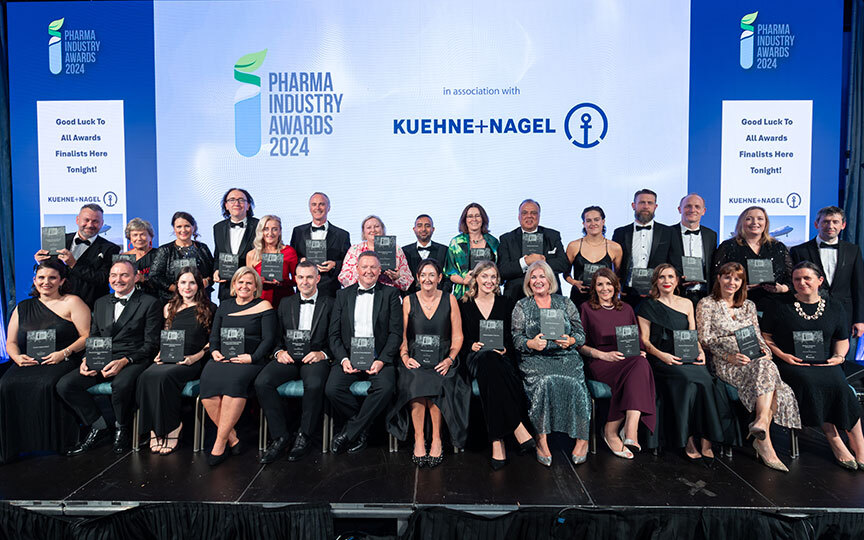Professor Anne Greene on careers and trends in pharma and biopharma sectors
By April Lara
July 04, 2024

Photo of Prof. Anne Greene
Professor Anne Greene, a Pharma Industry Awards judge and academic leader, unveils her insights on the future of pharmaceuticals. Head of part-time education at the School of Chemical and Biopharmaceutical Sciences at Technological University Dublin, Professor Greene's expertise is well-respected, as evidenced by her recent selection as a judge for the Pharma Industry Awards Ireland 2023.
In this Q&A, she sheds light on her extensive background, the evolving regulatory landscape, and the skills and research focus necessary for success in today's pharma and biopharma sectors.
Briefly tell us about your background in the pharmaceutical industry.
When I completed my PhD in Chemistry in UCD, I took up a role as a technical service chemist, which led me into technical transfer and validation. At this time, validation was a relatively new regulatory requirement. My first experience developing validation strategies for a start-up manufacturing facility made me realise a gap in education topics that focused on the emerging regulatory landscape for the 21st century.
To address this I joined DIT as a lecturer and was instrumental in developing MSc programmes, first in pharmaceutical quality assurance and then in pharmaceutical validation technology. More recently I have worked with TU Dublin colleagues in the graduate business school, to launch an MBA in lifesciences leadership.
In your role leading the pharmaceutical regulatory science team (PRST) at TU Dublin, what are some of the key trends you observe in the current regulatory landscape of the pharma and biopharma industries?
I have been very fortunate to lead a team of talented researchers drawn from a global pharmaceutical leadership roles, who carry out studies to address the challenges and opportunities of implementing science- and risk-based decision making and manufacturing approaches.
PRST research emphasis is on the development of patient-focused strategies, frameworks, models and tools to enable those involved in the manufacture of drug products to meet the evolving international regulatory expectations ensuring the availability of high-quality medicinal products.
Key current trends in the current regulatory landscape are integration of Quality and Risk, while focusing on decision making. Developing solutions to address the challenge of Drug shortages, and of course the emerging AI and Digitalisation focus.
What are the most sought-after skills and knowledge for graduates entering the pharma and biopharma workforce today?
In my opinion, a good solid scientific foundation in one of the key science disciplines is fundamental for entering the pharma workforce today. In addition transferal skills such as communication, teamwork, adaptability, critical thinking, and problem-solving are highly desirable.
What key areas should future research in the pharmaceutical and biopharmaceutical sectors focus on?
I believe the PRST addresses a gap in the research landscape. It focuses on management and business science, not just developing therapeutics, but strategies to ensure they continue to be manufactured and are available at high quality for a global population.
You are one of the judges for the Pharma Industry Awards Ireland 2023, how did the event influence you as a professional?
As a pharma industry award judge I was privileged to be able to review a selection of high quality initiatives which are ongoing across the sector, and this knowledge gave me a broad understanding of current key challenges, and potential solutions to address them.
Submit your entries to the Pharma Industry Awards IRE today. Download the entry guide here.







.png)